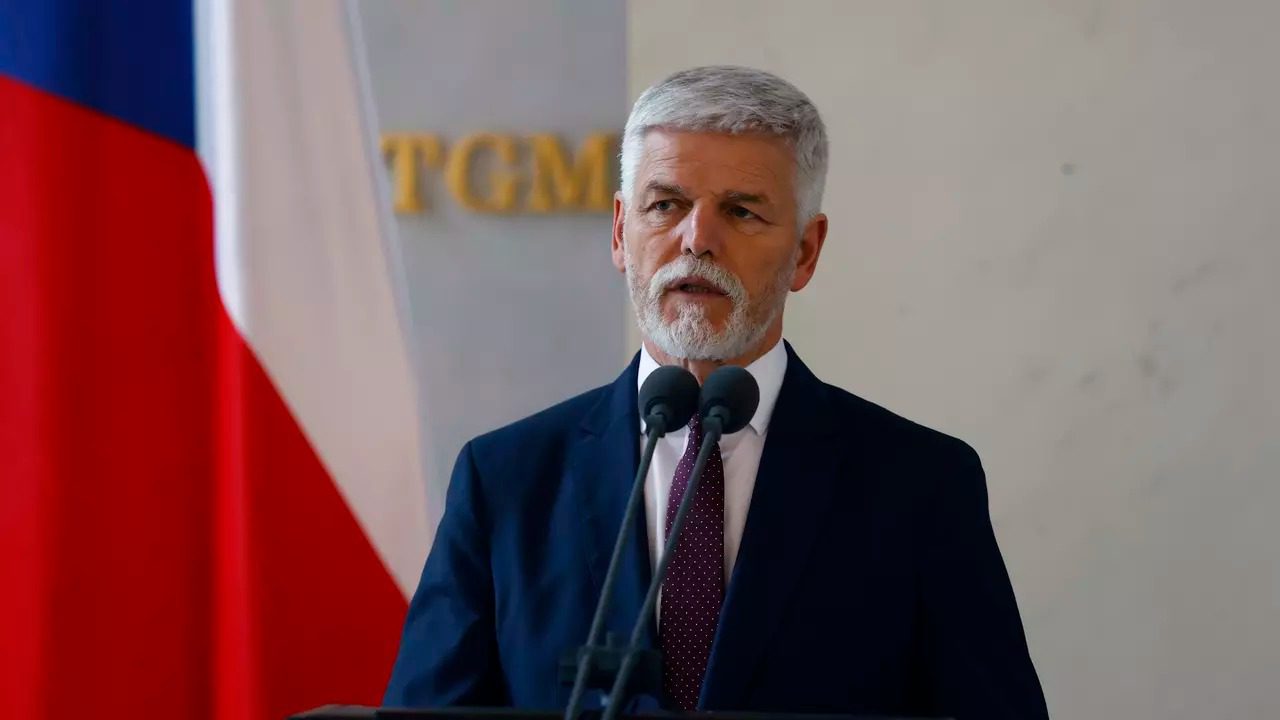The Czech Republic has ratified a defense cooperation agreement with the United States. The agreement was signed by President Petr Pavel, as reported in a press release from the Hrad. The document will still require the signature of Prime Minister Petr Fiala (ODS), who will sign the agreement on the first day of his return from vacation in Croatia.
The agreement was met with protests from opponents of the presence of US soldiers on Czech territory. However, both chambers of the Czech parliament supported the document with majority votes. In the Senate, 66 out of 72 voted in favor, and 115 out of 144 present legislators voted in the Chamber of Deputies.
According to Czech Defense Minister Jana Černochová (ODS), the defense agreement with the United States provides further security guarantees to the Czech Republic. It is valuable in light of Russian military aggression against Ukraine. “In this situation, we cannot do without a strong alliance with other democratic countries,” emphasized Černochová during the parliamentary approval of the agreement.
Government officials and representatives of the opposition movement ANO emphasized that the agreement is not about the presence of US soldiers or the construction of US military bases in the Czech Republic. They noted that any longer-term company of the US military in the country would always have to be approved by parliament, and the defense agreement would then govern the legal status of US soldiers. Coalition officials also rejected comparisons of the contract to the “temporary” presence of Soviet troops in former socialist Czechoslovakia after 1968.
Most NATO countries with the United States hold a defense agreement or similar documents. The Czech Republic was among the few Eastern European NATO members without such an agreement.
The approximately 40-page document covers many areas related to the potential presence of US soldiers in the Czech Republic or cooperation between US and Czech armed forces on Czech territory. It addresses, for example, the legal status of US soldiers and concerns the protection of the environment, the operation of motor vehicles by US soldiers and their families, or the position of suppliers of US armed forces. It also assumes the exemption of US soldiers from taxes and customs duties in the Czech Republic. The agreement also includes a list of military facilities and spaces of the Czech military that US armed forces can use under agreed conditions.
The Chamber of Deputies adopted an accompanying resolution on the ratification proposal by ANO. The lower house stated that the conclusion of the agreement means a deepening of practical defense cooperation with the United States and contributes to higher security for the Czech Republic. They also emphasized that the deal does not give the US armed forces the right to build permanent military bases in the Czech Republic or to stay in the country without prior Czech consent. It also does not establish the right to deploy nuclear weapons.








